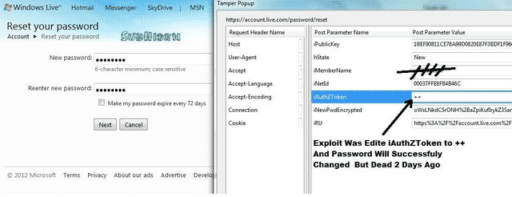Cyber espionage has become a very popular tool in today’s digital world. It is used to steal sensitive information, mint millions through fraud and perform a number of other cheats. It has been accused in the past that certain governments unofficially endorse such groups to serve national interests. Now, researchers seem to affirm this.
This has been revealed in a detailed report titled ‘Chasing APT.’ APT stands for Advanced Persistent Threats and refers to the many online espionage groups who make use of lot of resources and advanced techniques.
Security researchers have revealed that two main groups which are involved in cyber-espionage are based in Beijing and Shanghai. These groups attack notable organizations around the world and try to steal their sensitive information. The most astonishing part is that these groups are very sophisticated and well-organized. They make use of 200 families of custom malware and 1,110 domain names which are used specifically to act as command-and-control servers.
According to Director of malware research at Dell Secureworks Counter Threat Unit, Joe Stewart, “You have to to have that kind of paranoia to know anything you get that is unsolicited is suspicious.” Stewart also reveals how these espionage groups attack anyone, from organizations to government institutions, “Now it’s not just a limited set of targets. It’s anybody who has a competitor.”
Asia-based cyber espionage organization:
Stewart further revealed that during the course of research, they found out that a private security company in Asia, excluding China, was involved in cyber espionage. This company was carrying out a very powerful cyber-espionage operation against the military of another country. Naturally, this couldn’t have been done with the informal support and approval of the country in which the company is based.
Interestingly, another SecureWorks researchers found out that 14 out of 20 Top Fortune 500 firms have their systems infected with Zeus Gameover malware. This makes it one of the largest financial botnets and also shows how many business firms are utterly oblivious to the kind of risks they face in today’s cyber world.
The research further details how malware in today’s world are very sophisticated tools which can steal information, disrupt activities of a system and launch DDoS attacks to take down systems and websites. Moreover, since malware is based on a peer-to-peer structure, it’s really hard to bring it down.
Courtesy: CNET
[ttjad]



